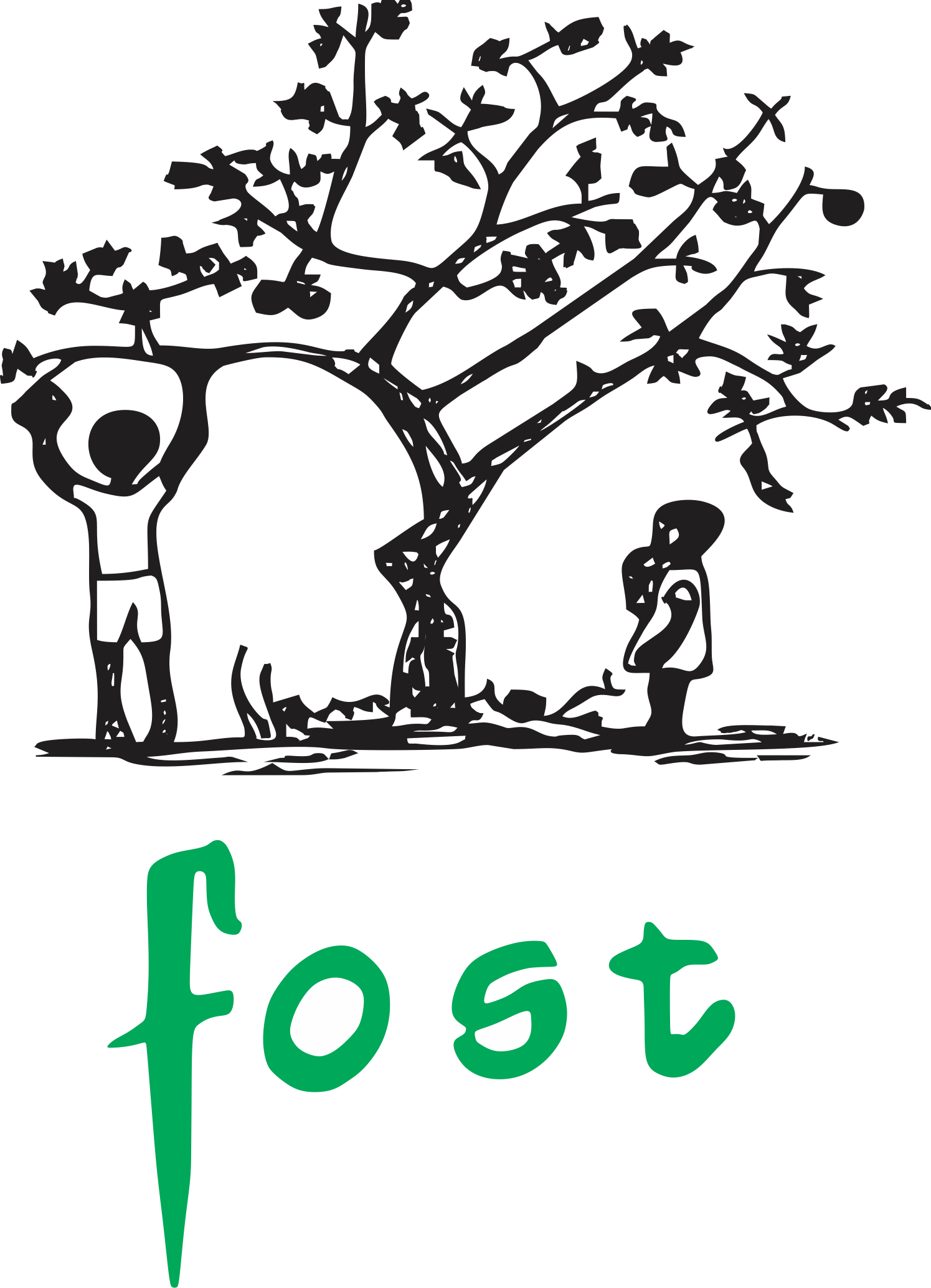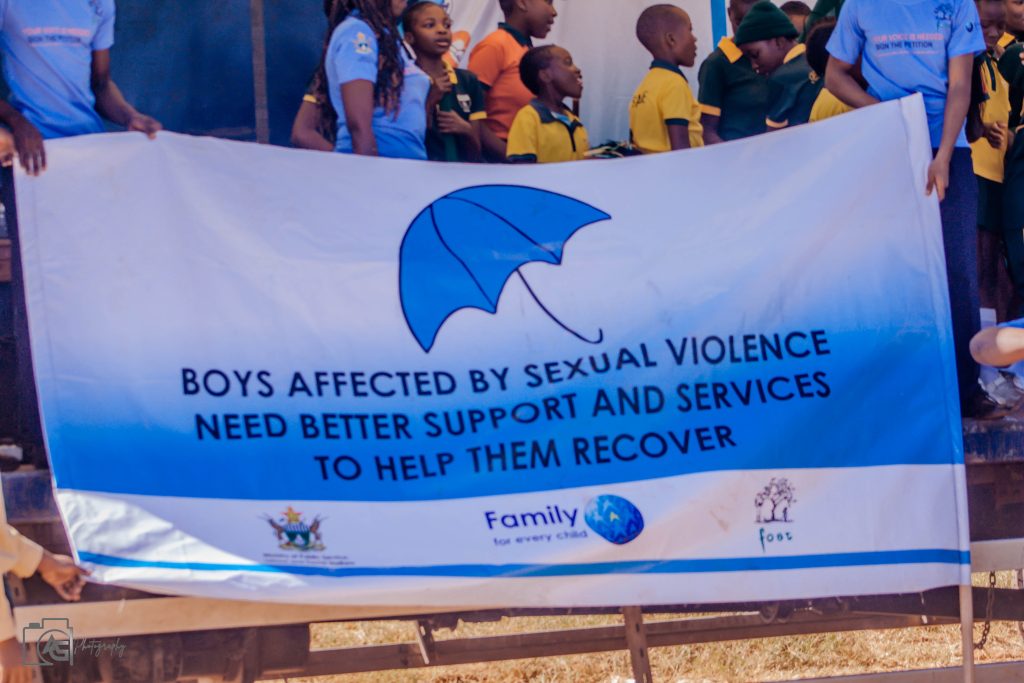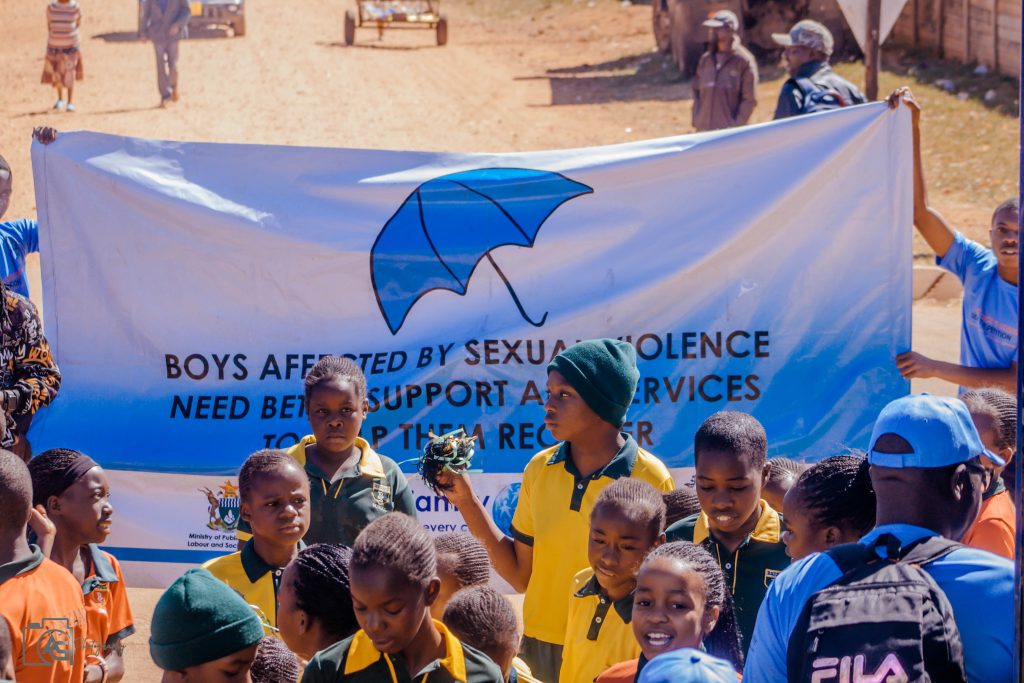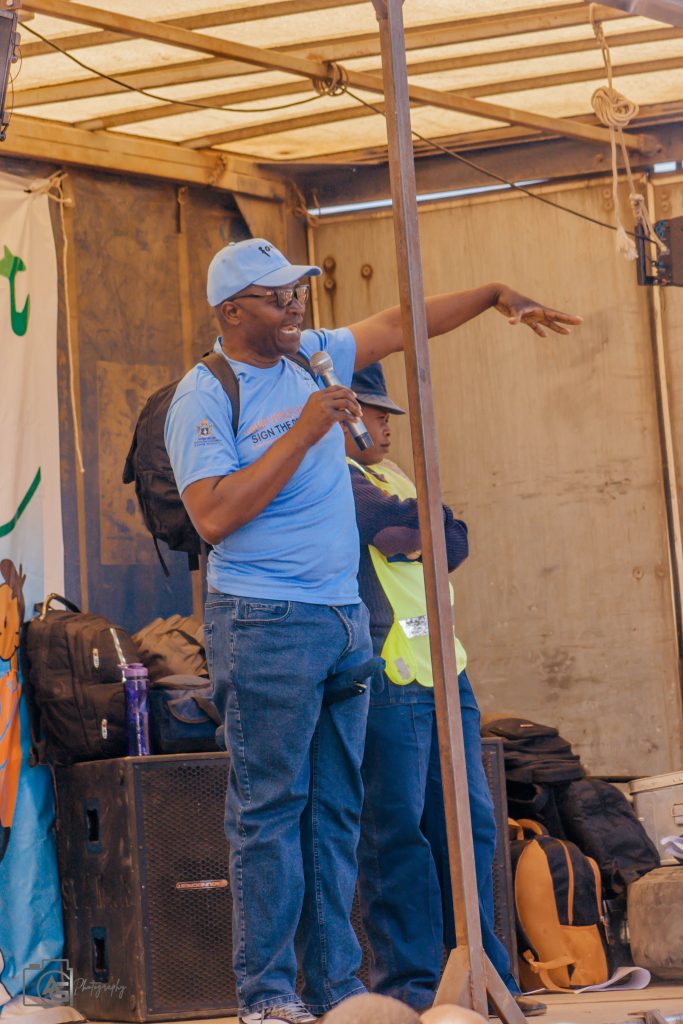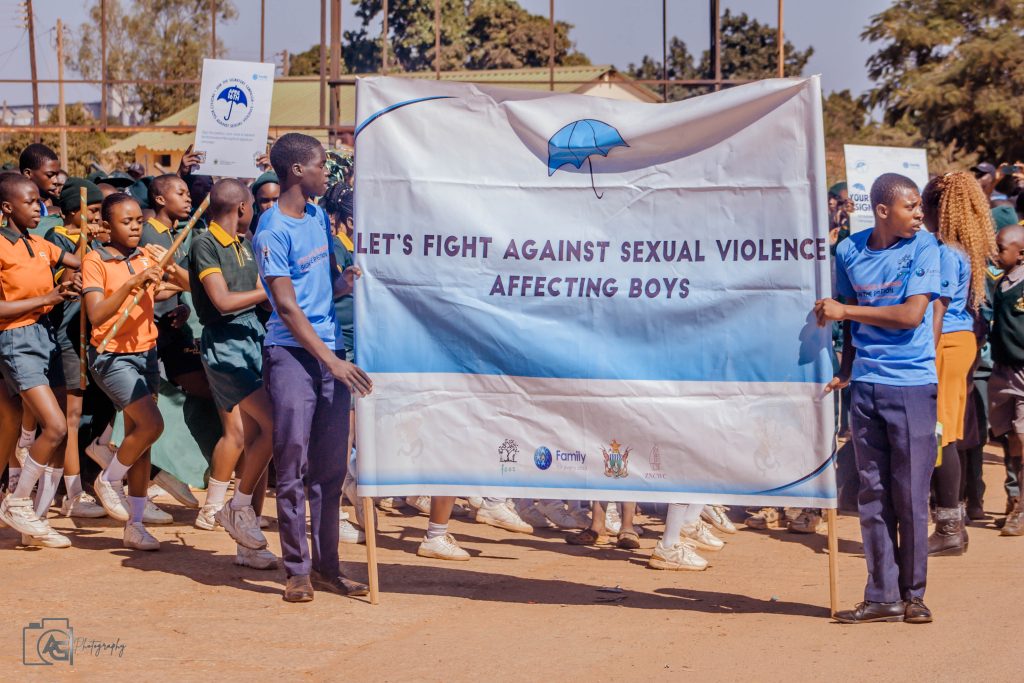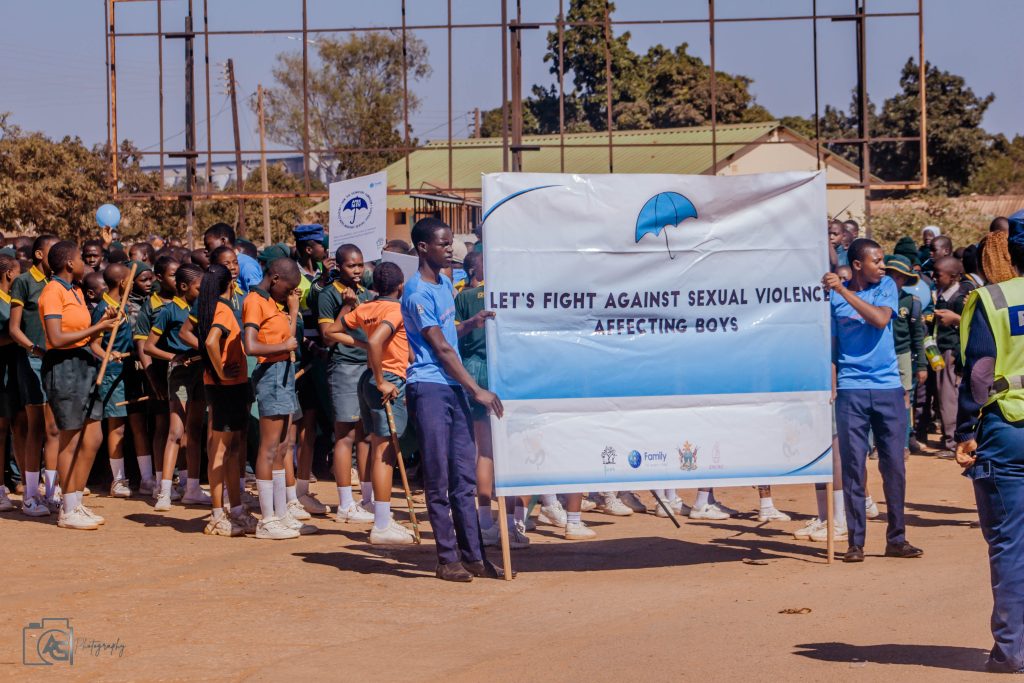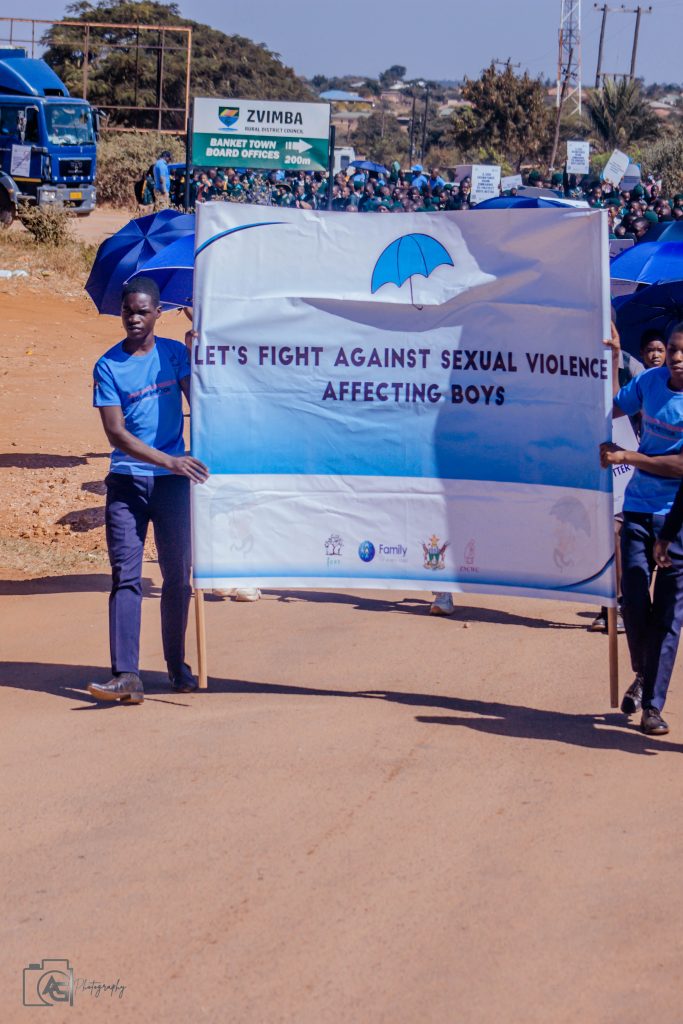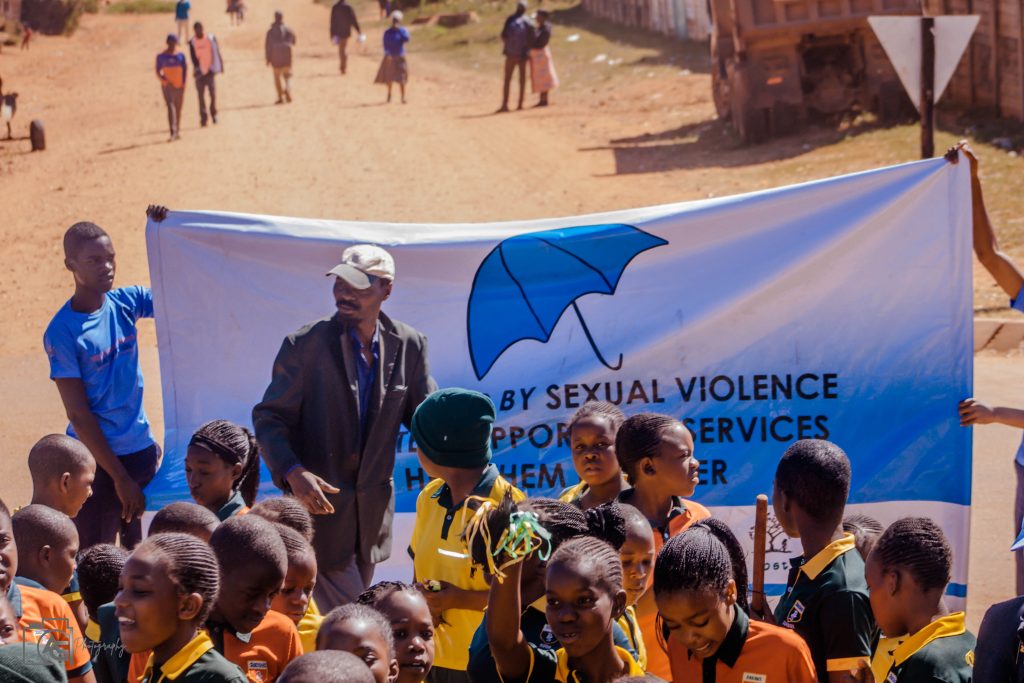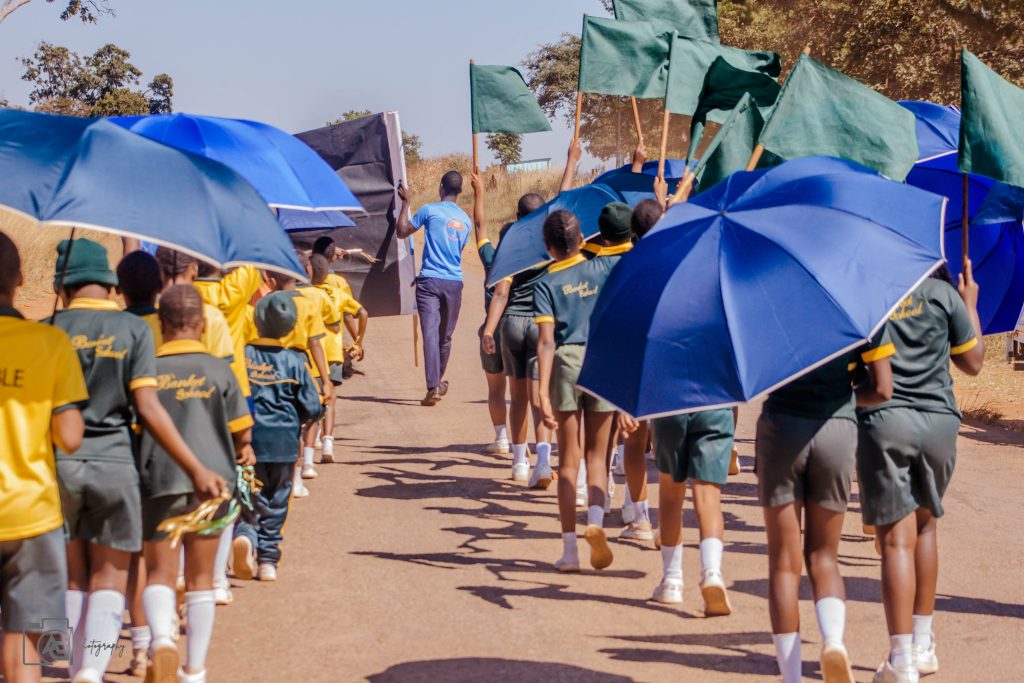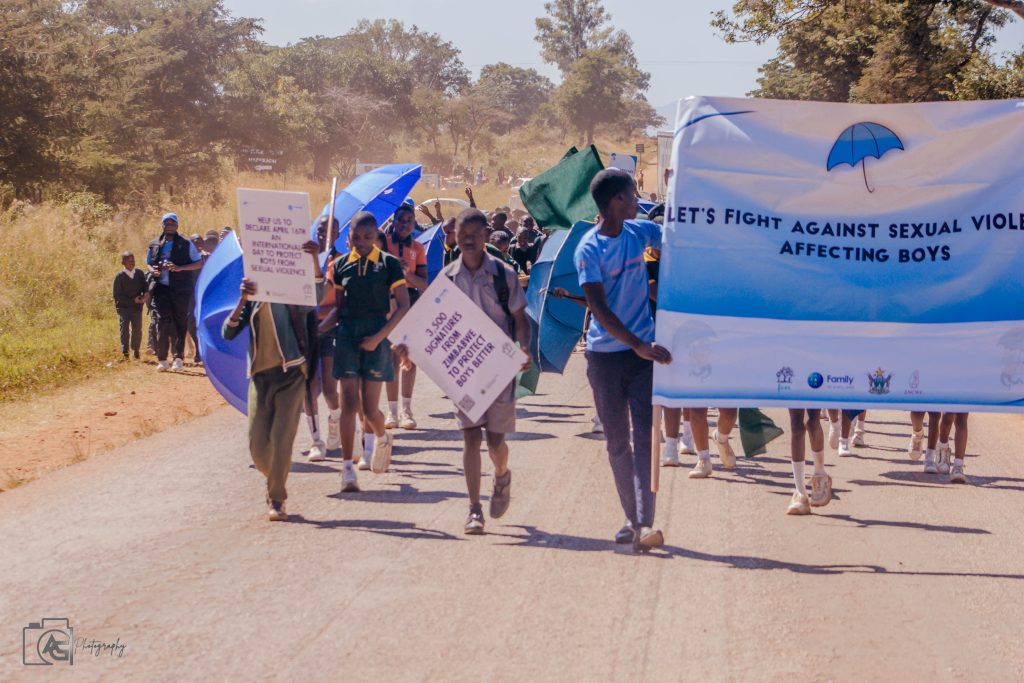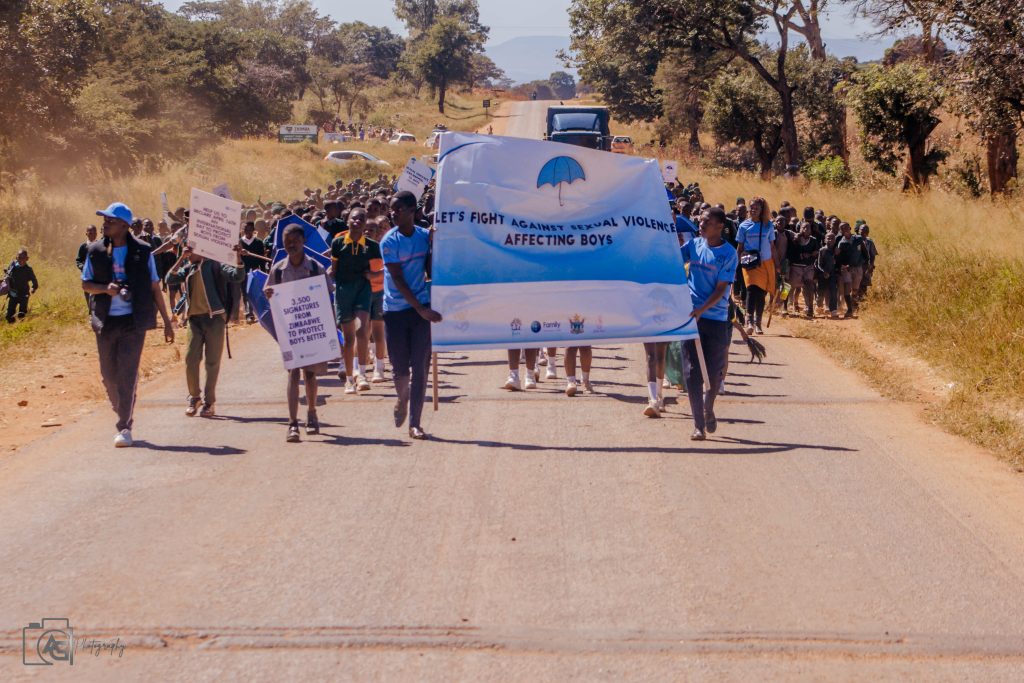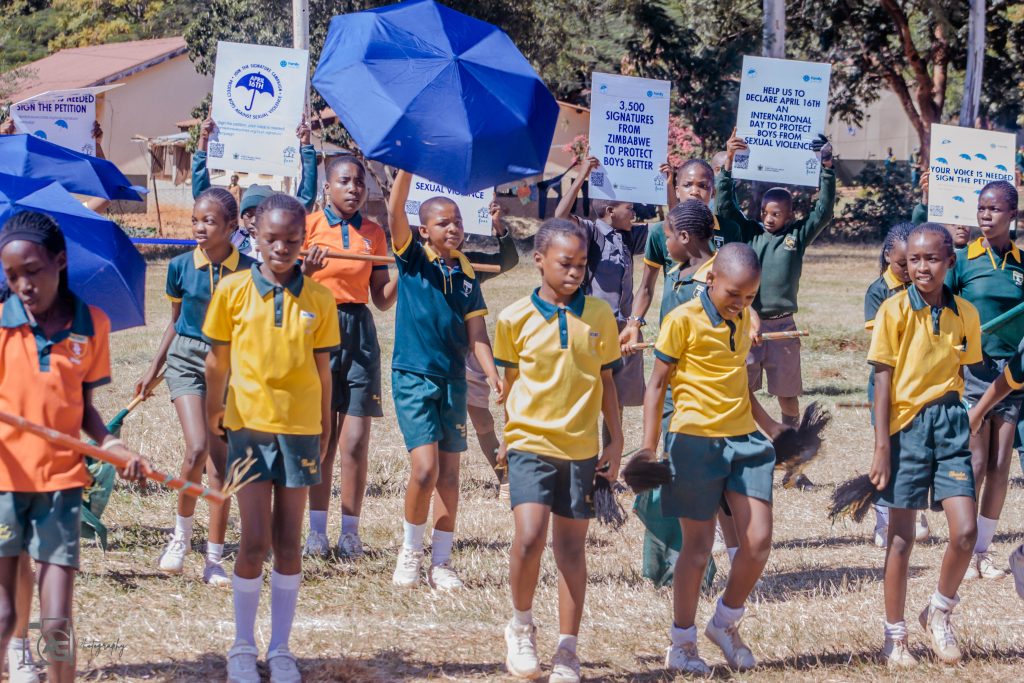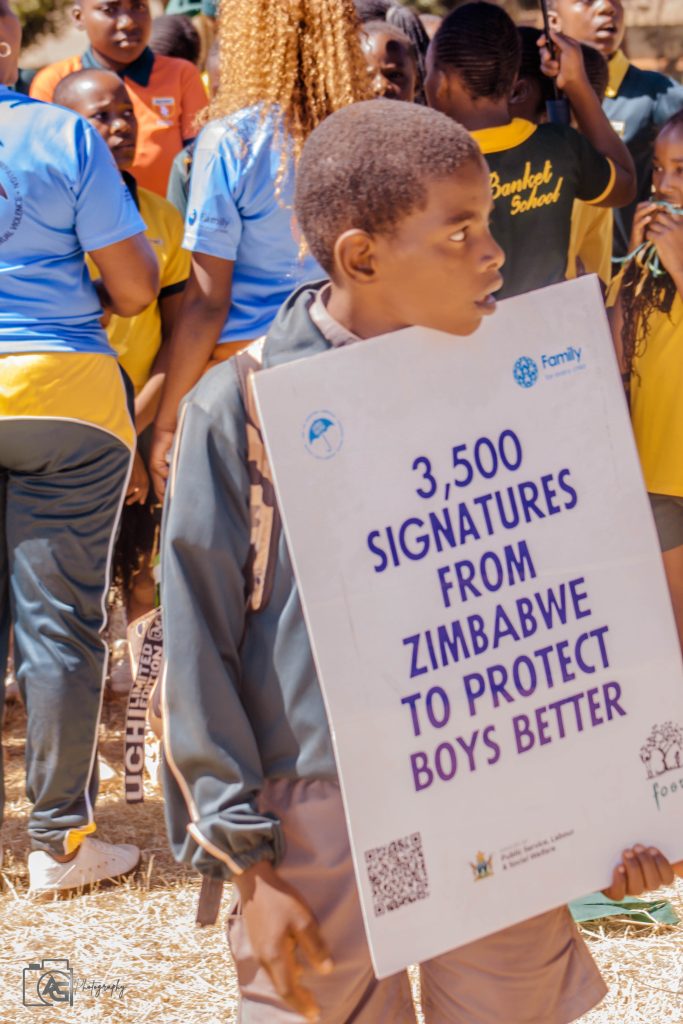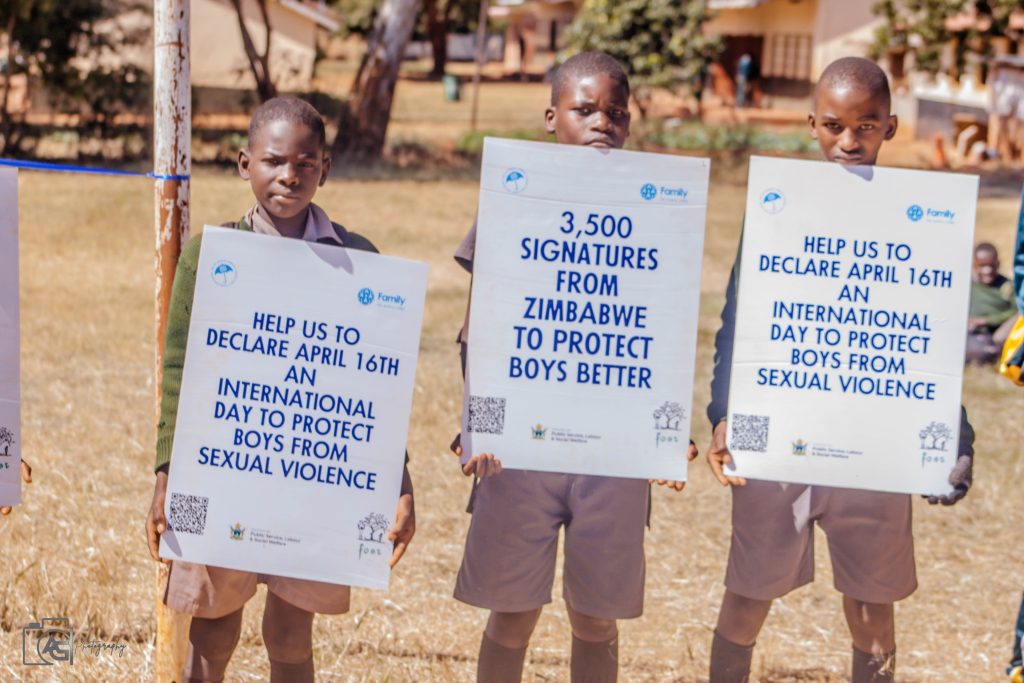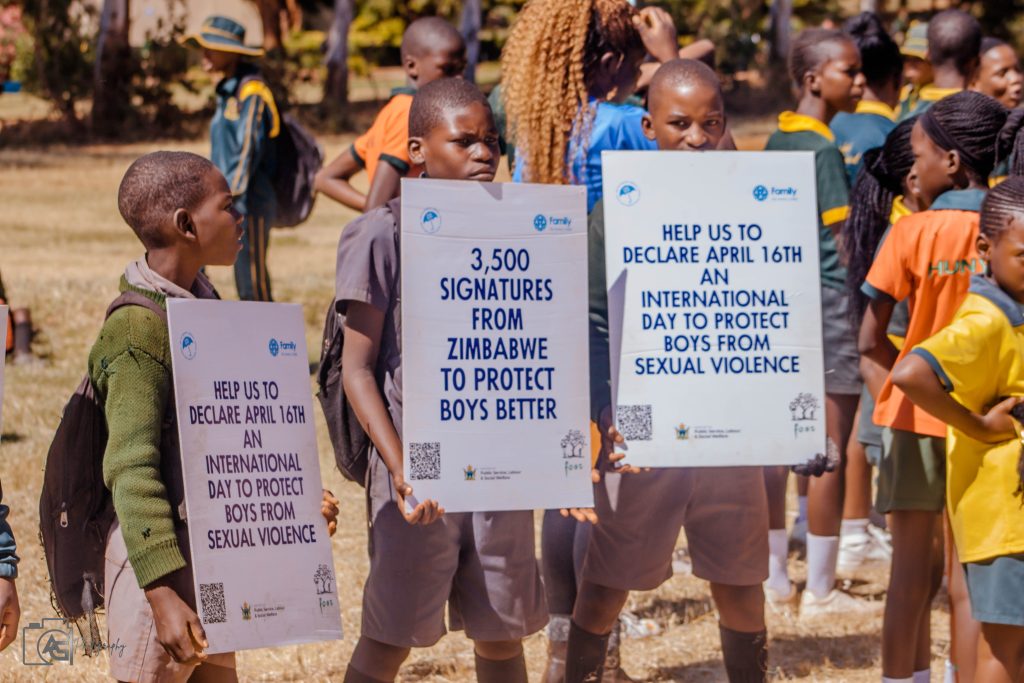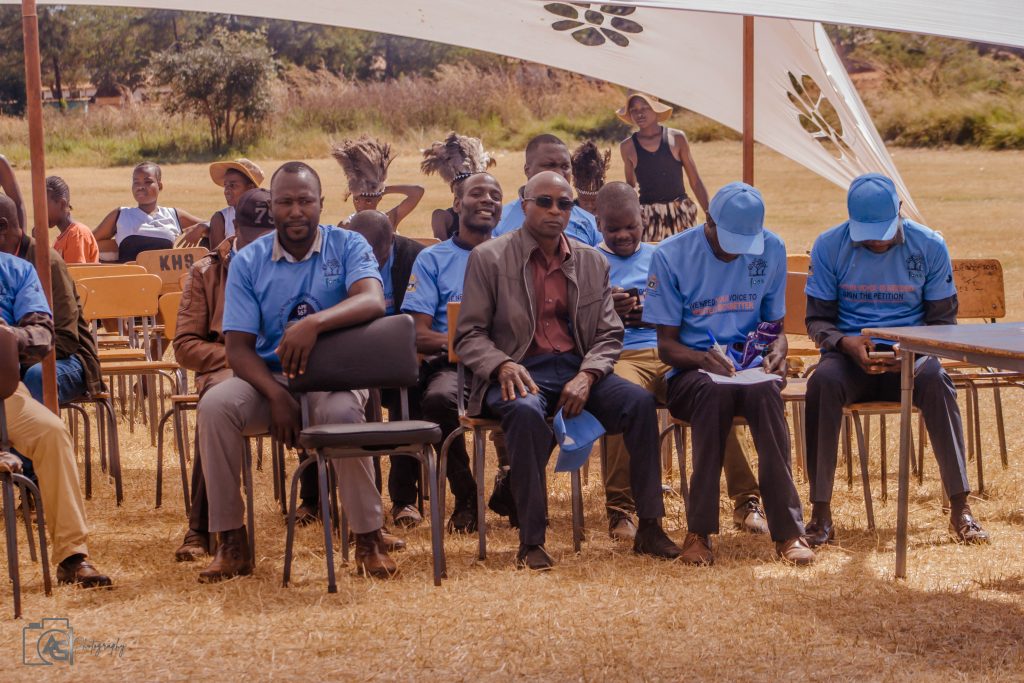FOST considers advocacy as a key pillar that informs its programming. It lobbies for meaningful policies, platforms and engagement of relevant stakeholders to promote child protection in farming communities. The organization has an Advocacy Strategy that informs all the programming and dissemination of information to all target communities and groups. The strategy has also strengthened child protection issues in farming communities and areas of priority. FOST launched 2 researchees conducted in 2020. These were the scoping study on Kinship care in Zimbabwe and research on Sexual violence affecting boys in Zimbabwe. The launch was held on the 15th of December presided by the Ministry of Public Service, Labour and Social Welfare. Stakeholders from various 30 advocacy working groups including members of parliament attended the function including the chairperson of the child rights portfolio committee Hon. Nyashanu as well as junior MPs from Harare constituency. FOST participates in national, regional and global advocacy networks such as the Education Cluster, National Protection Cluster, Child Rights Coalition among others.
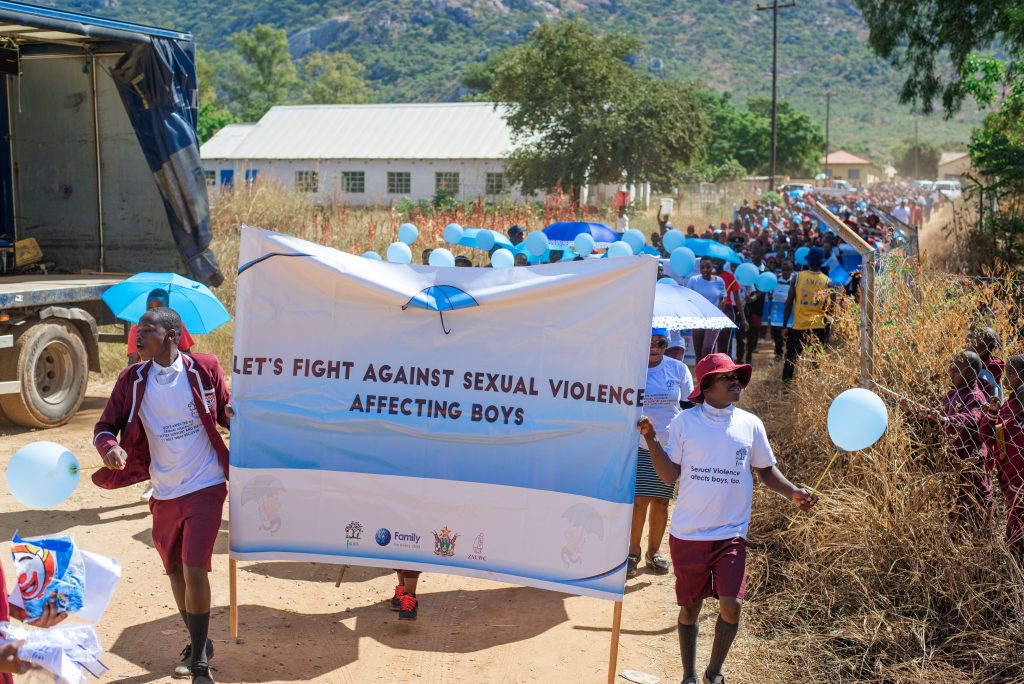
PREVENTION OF SEXUAL VIOLENCE AFFECTING BOYS
FOST conducted a study on Sexual Violence against Boys in Zimbabwe to enhance an in-depth understanding of: the nature, causes and drivers of sexual abuse and sexual exploitation of boys; how social norms around gender shape and influence the sexual abuse of boys; the nature and adequacy of support available for boys who are victims of sexual violence, including what is already being done to ensure that these boys grow up in a permanent, safe and caring family or quality alternative care where needed. The study was commissioned amid growing realisation that the extent of sexual violence against boys is likely underestimated across countries in general and in Zimbabwe in particular. Gender norms and masculinities prevent men and boys from reporting their experiences of sexual violence because of the stigma associated with it. There is also a growing realisation that service provision for boys who are victims of sexual violence is not adequately addressing their needs as not much is known about the social dynamics associated with this abuse. It is likely that unless contextual drivers of sexual violence against boys are understood, nascent prevention efforts will fail.
Despite a wealth of research about sexuality, masculinity, domestic violence, gender inequities and related topics in several countries, concepts of masculinity, sexuality, changing patterns of gender roles and the nature of violence are still only partly understood. The knowledge gaps that still exist on sexual violence against boys warranted an in-depth study to understand and appreciate the social dynamics around this phenomenon. FOST has undertaken this initiative to contribute towards creating a body of knowledge on sexual violence affecting boys in Zimbabwe. Although there is generally under-reporting of sexual violence against boys in Zimbabwe, stakeholders and communities that participated in the study all concurred that the phenomenon is prevalent in the three districts that the study focused on. In Zimbabwe, the Violence against Children Survey (VACS, 2017) showed that about 0.3% of males aged 13-17 experienced sexual violence.
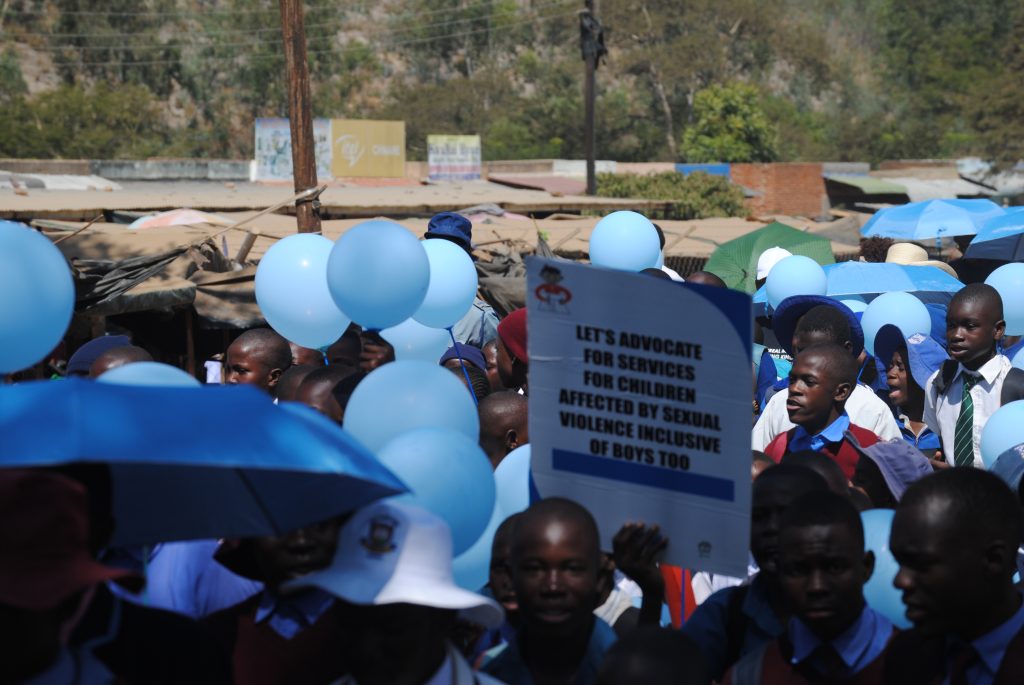
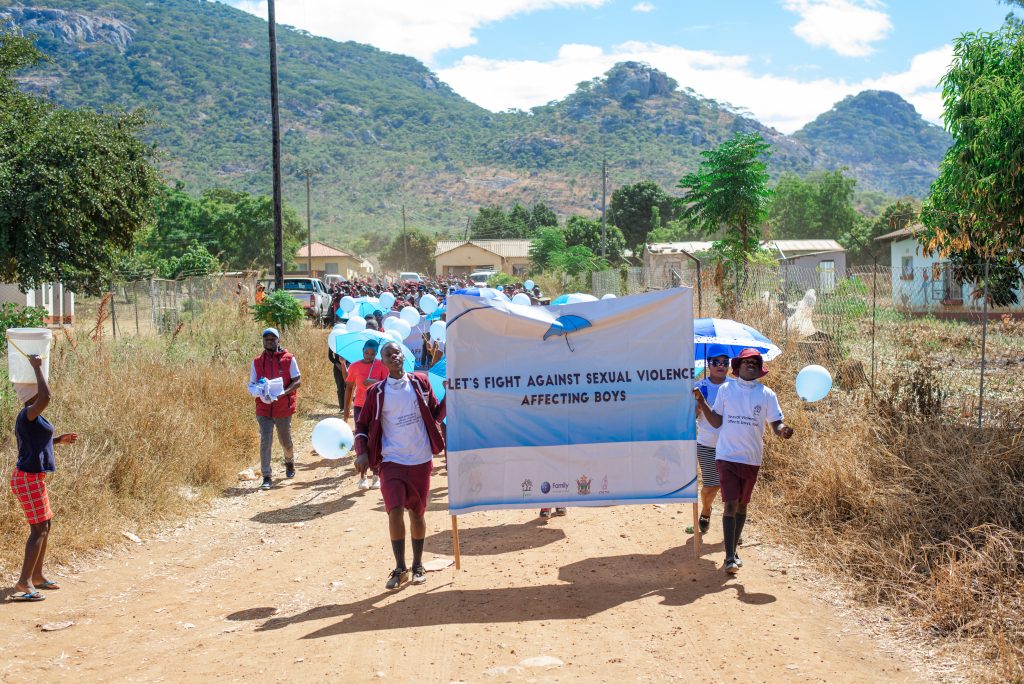
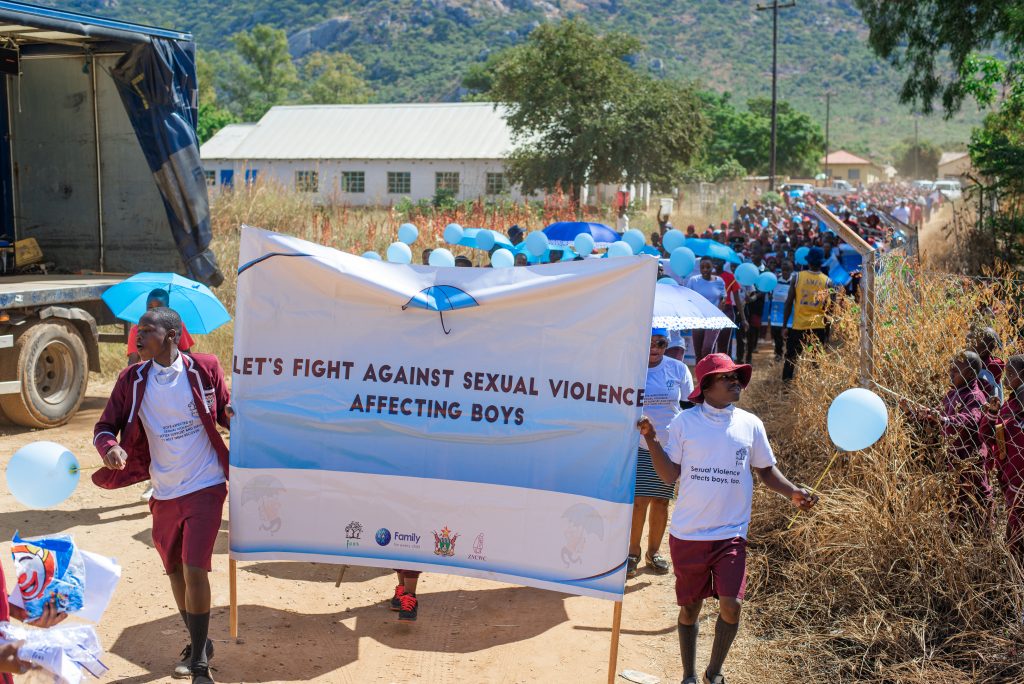
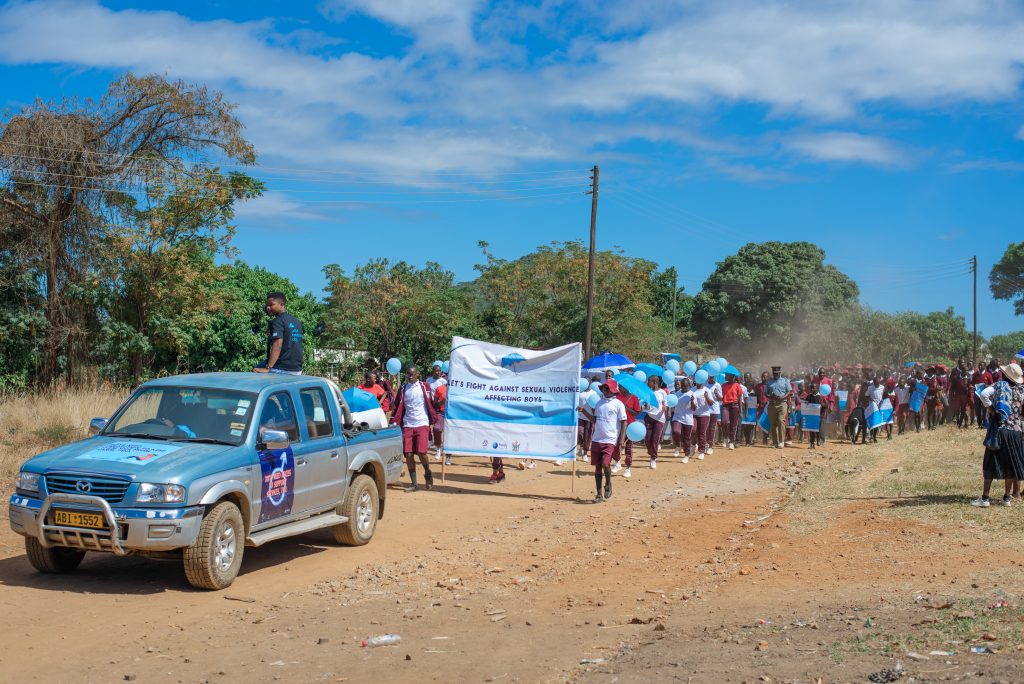
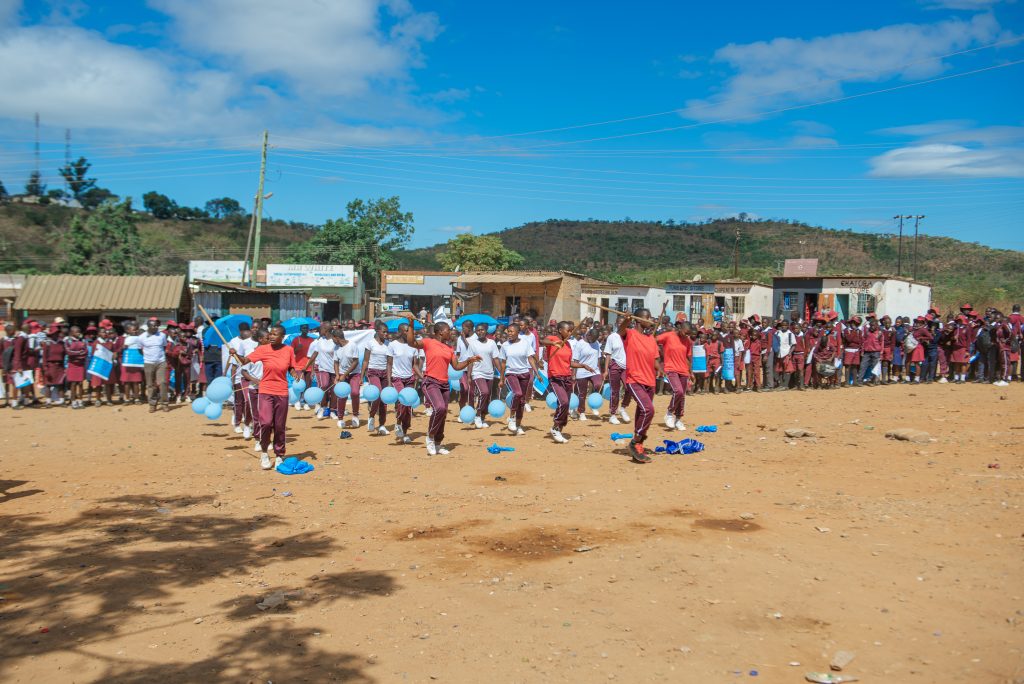
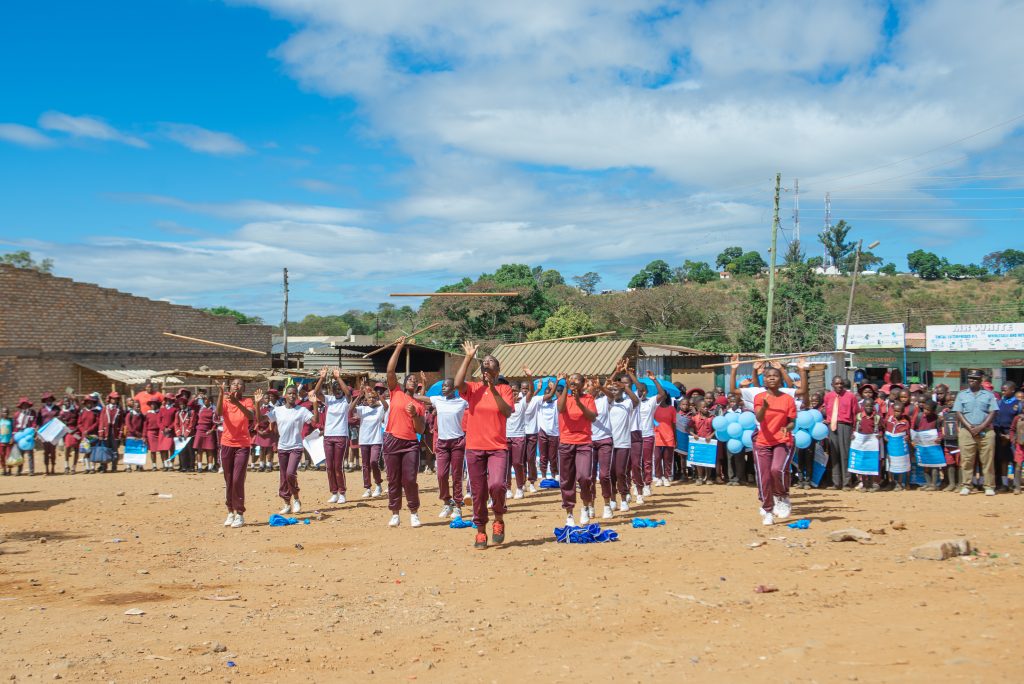
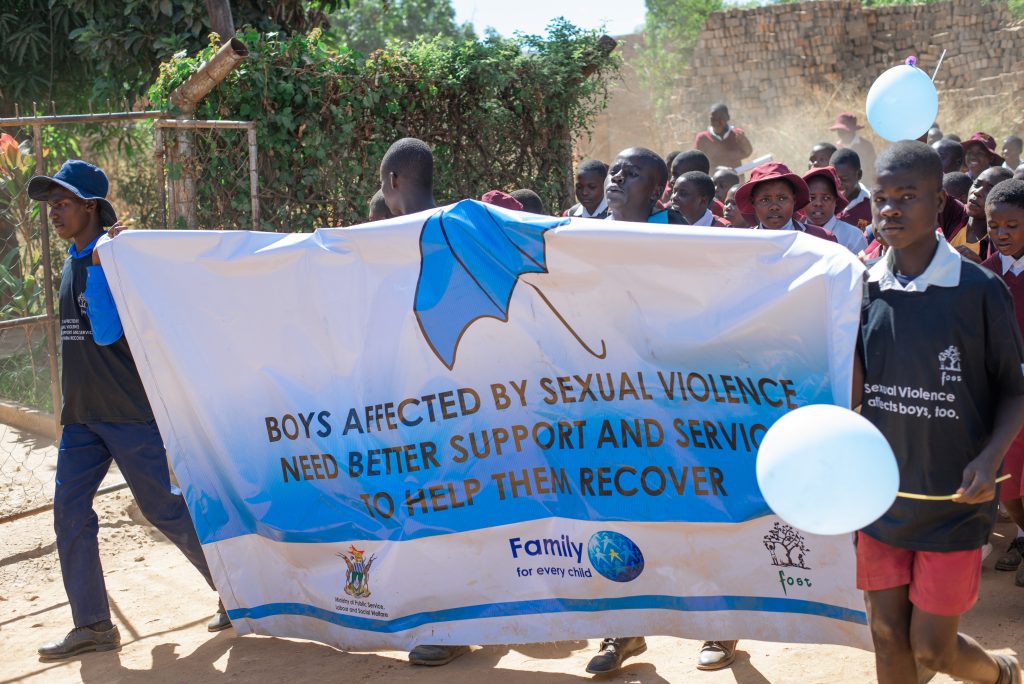
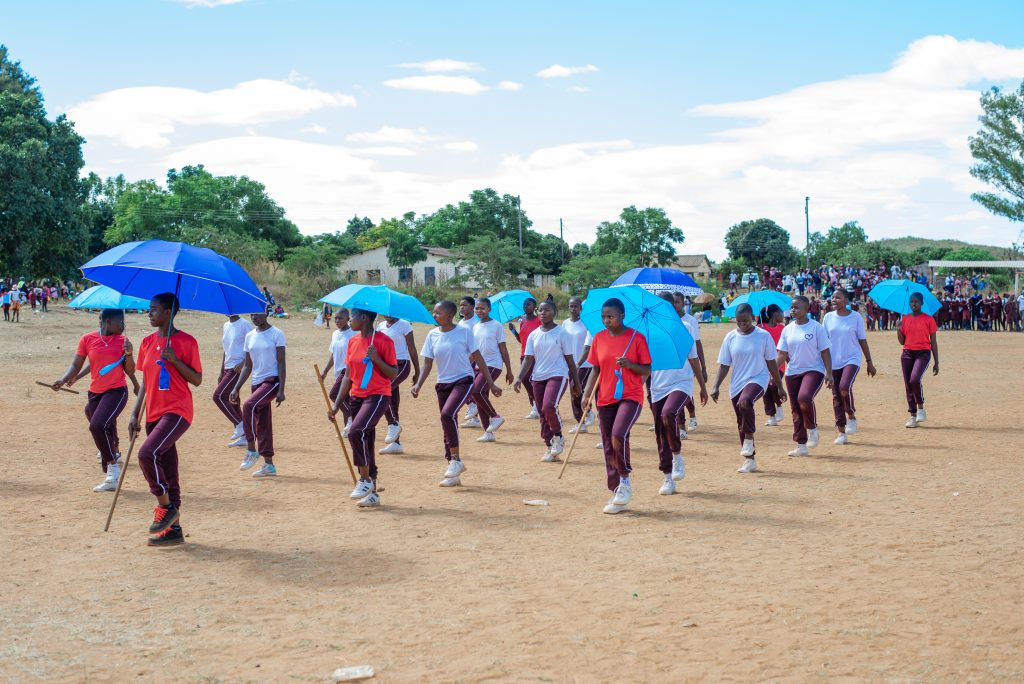
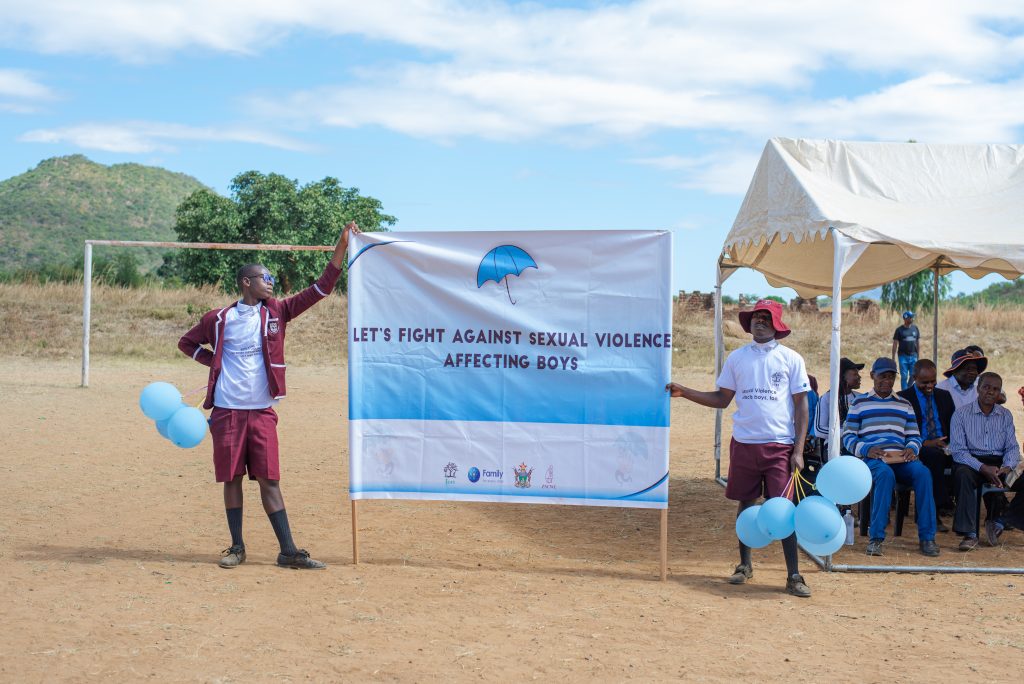
The study noted that there could be significant under-reporting of cases of sexual violence against boys owing to a number of reasons including the following: biased focus on the girl child by institutional service providers; fear of reporting sexual abuse cases by boys and their care givers because of gender norms and masculinities, stigmatisation and discrimination of sexually abused boys; fear of not being believed; and societal perception that sexual abuse is mainly a concern for the girl child who is perceived to be weak and vulnerable. Recommendations made included improving Legal framework to address gaps that make boys vulnerable, addressing key factors leading to sexual abuse, improving support for sexual abuse victims’ boys in terms of institutional preparedness and capacity to handle sexual abuse of boys which is limited. Most service providers are biased towards the girl child, leaving a significant gap for boys that suffer sexual violence. One of the key recommendations was awareness creation which links all the recommendations. FOST in 2022 with support from Family for Every Child started raising awareness on sexual violence against boys through community dialogues, radio shows, TV shows and mobile campaigns. On the 12th of May 2023, FOST also joined the global movement of the BUD celebrations which saw FOST leading the celebrations in Shamva in Zimbabwe. ,On the 16th of May 2024, the Campaign was held at Odzi School Grounds, a farming and mining area in Mutare District of Manicaland Province. On the 23rd of May 2025, FOST commemorated the Blue Umbrella Day Banket, Mashonaland West Province of Zimbabwe. The 2025commemorations had a particular focus as it was named as the Signature Campaign that seeks to get the United Nations to recognize the 16th of April as a Global for Protection Boys against Sexual Violence.
